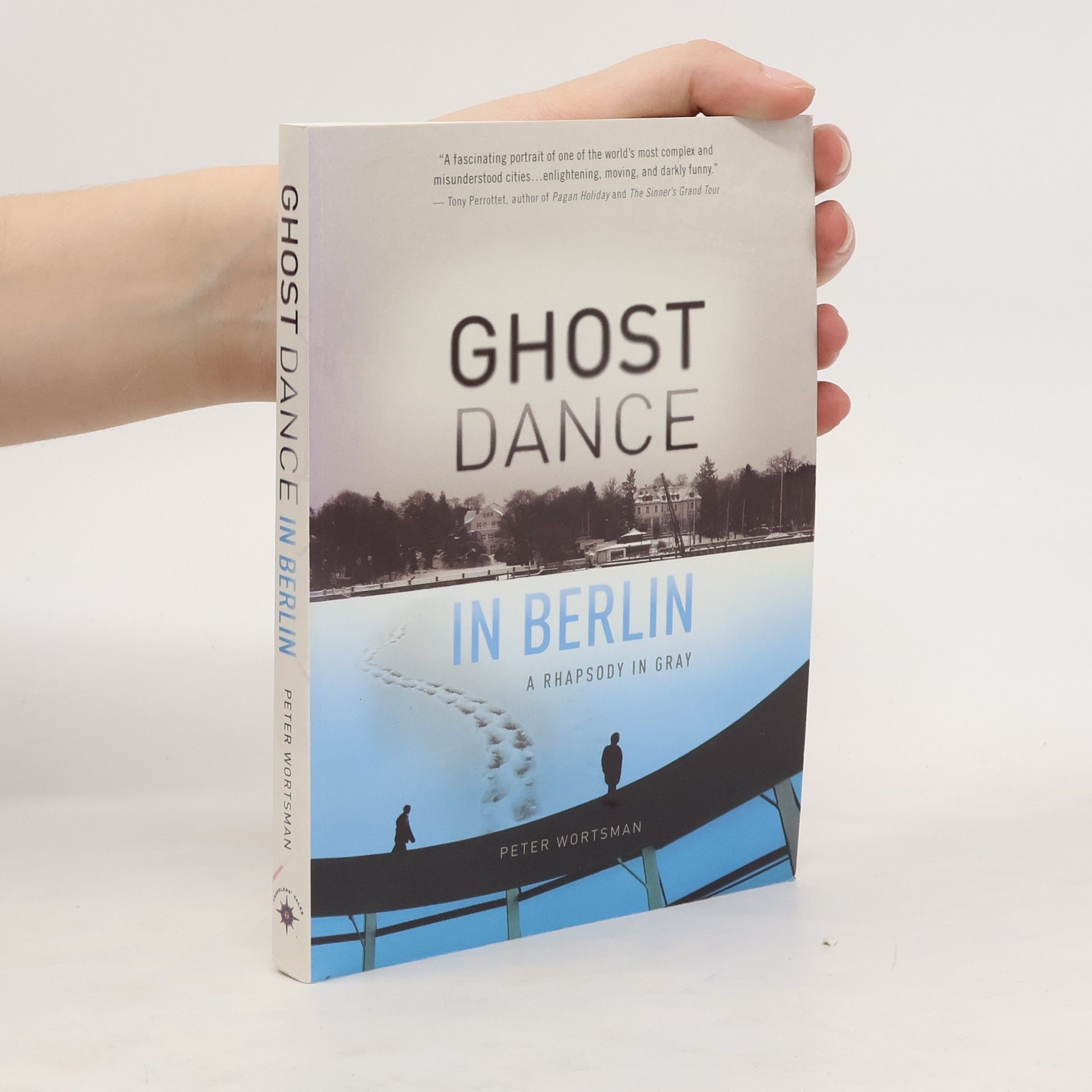Peter Wortsman Bücher
Peter Wortsman schreibt Erzählungen, die sich mit der menschlichen Verfassung und der Komplexität des Reisens auseinandersetzen. Sein Schreiben erkundet häufig die Grenzbereiche zwischen Realität und Vorstellungskraft und verwendet dabei eine reiche Sprache und lebendige Bilder. Wortsman zeichnet sich durch eine tiefe Auseinandersetzung mit der menschlichen Psyche und gelebten Erfahrungen aus, wobei er oft Themen wie Erinnerung, Identität und die Suche nach Sinn in einer komplexen Welt anspricht. Sein Einfluss als Übersetzer deutscher Literatur ins Englische ist ebenfalls bedeutend, da er die Werke zahlreicher wichtiger Autoren einem breiteren Publikum zugänglich gemacht hat.






Exploring the connection between urban wildlife and human creativity, this book features a unique collaboration between a father and daughter. Through vivid words and art, they depict various city creatures, from ravens in Berlin to parakeets in Brooklyn, highlighting how these animals inspire imagination and intellect. Each location serves as a backdrop for a deeper understanding of nature's presence in urban settings, inviting readers to appreciate the often-overlooked wildlife in their own cities.
Borrowed Words
- 64 Seiten
- 3 Lesestunden
Like a farmer rotating his crops, Peter Wortsman periodically ploughs words back into the mulch of meaning. Romanian émigré DADA poet Tristran Tzara (aka Samuel Rosenstock, 1896-1963) gave it a name: cut-up (or "découpé" in French). Wortsman reverts to cutups when he's too distracted, depressed, dumbfounded or deranged to write in the regular manner. As the isolation of virtual lockdown during the seemingly interminable Covid-19 pandemic stretches into its third year, Wortsman, a modern-day monk, languishes in the solitude of his cell, longing for meaningful communion. Absent belief in a transcendent being, cutups take the place of prayer.
Ghost Dance in Berlin
A Rhapsody in Gray
Every great city is a restless work in progress, but nowhere is the urban impulse more in flux than in Berlin, that sprawling metropolis located on the fault line of history. A short-lived fever-dream of modernity in the Roaring Twenties, redubbed Germania and primped up into the megalomaniac fantasy of a Thousand-Year Reichstadt in the Thirties, reduced in 1945 to a divided rubble heap, subsequently revived in a schizoid state of post-World War II duality, and reunited in 1989 when the wall came tumbling down ? Berlin has since been reborn yet again as the hipster hub of the 21st century. This book is a hopscotch tour in time and space. Part memoir, part travelogue, Ghost Dance in Berlin is an unlikely declaration of love, as much to a place as to a state of mind, by the American-born son of German-speaking Jewish refugees. Peter Wortsman imagines the parallel celebratory haunting of two sets of ghosts, those of the exiled erstwhile owners, a Jewish banker and his family, and those of the Führer's Minister of Finance and his entourage, who took over title, while in another villa across the lake another gaggle of ghosts is busy planning the Final Solution.
A Modern Way to Die
- 224 Seiten
- 8 Lesestunden
Featuring a collection of short short fictions primarily crafted in the 1980s, this work by Peter Wortsman is considered a foundational piece in the flash fiction genre. First published in 1991, it showcases Wortsman's unique storytelling style and innovative approach to brevity, highlighting the impact of concise narratives in literature.
Epiphany of a Middle-Aged Pilgrim: essays in lieu of a memoir
- 286 Seiten
- 11 Lesestunden
Exploring the reflections of late middle age, Peter Wortsman shares insightful essays that serve as a memoir. Known for his prose fiction and plays, he delves into personal experiences and observations, offering a candid perspective on life’s complexities and the journey of self-discovery. Through his unique lens, Wortsman invites readers to contemplate their own paths and the epiphanies that arise during this transformative stage of life.
The Golden Pot
- 300 Seiten
- 11 Lesestunden